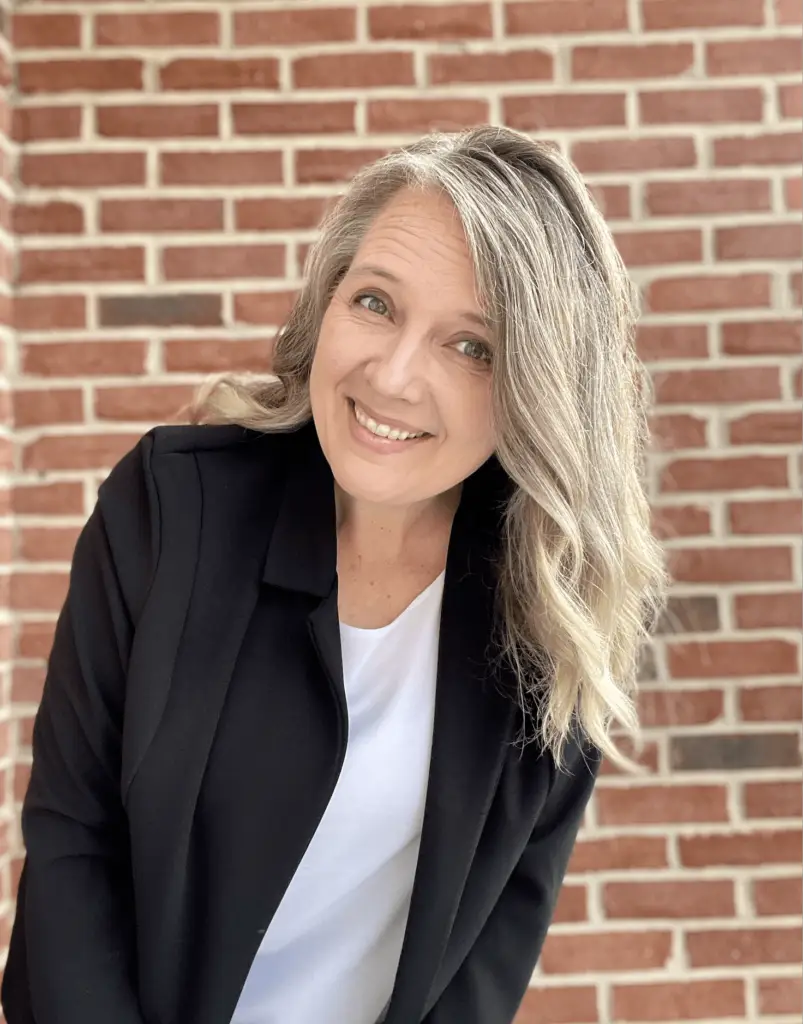Get some clarity.
This isn’t junk mail… this is life mail. These are strategies for your real life. My newsletter, Clarity, gets delivered to over 30,000 people each week to help them get clear on how to be the parent your neurodivergent kid needs. I’d love to help you, too. Subscribe now, it’s free.








I just want you thank you for saving my sanity right now. I’m tearing up in my Gynecologist’s office while I wait for the doc to come in because I just listened to the IEP centered podcast and was feeling underprepared to go in to do what feels like defending my son’s needs. I feel so much more clarity and am so incredibly grateful for the tools and checklists that have been provided. I feel informed and ready and I can’t thank you enough for a small win nestled inside a sustained feeling of turbulent crush of responsibility and confusion. Thank you- a billion times over.
You are so very welcome Jes! I live for providing small wins! ❤️